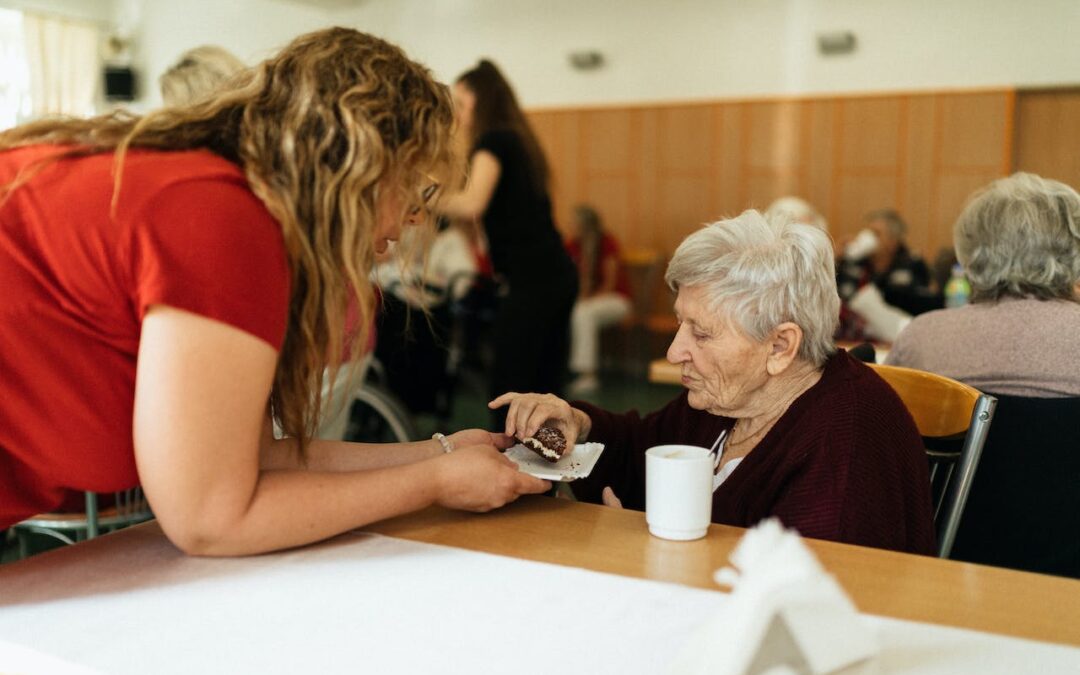When it comes to caring for our loved ones, the decision to hire a private caregiver is one fraught with both emotion and responsibility. While the benefits of personalized, in-home care are numerous, there are also significant risks that must be considered. This blog post aims to shed light on the eight biggest risks associated with hiring a private caregiver and provides practical advice on how to navigate these challenges effectively.
1. Interviewing and Background Checks
The first step in hiring a private caregiver is often the most crucial. Conducting a thorough interview and background check is imperative. The risk lies in overlooking important character or professional flaws. To mitigate this, use structured interviews that include situation-based questions. Additionally, conduct comprehensive background checks that cover criminal history, employment history, and references. Resources like TrustedCaregivers.com can be invaluable in this process.
2. Evaluating the Care Needs
Misjudging the care needs can lead to hiring a caregiver who is ill-equipped to handle the specific requirements of your loved one. It’s essential to accurately assess the level of care needed – whether it’s basic assistance with daily activities or more intensive medical care. Consulting with a healthcare professional can provide clarity and ensure you seek a caregiver with the appropriate skills.
3. Training
A caregiver’s lack of proper training can jeopardize the safety and well-being of your loved one. Ensure that any potential caregiver has relevant training, including CPR and first-aid certifications. Consider additional training sessions, especially if specialized care like dementia or mobility assistance is needed.
4. Payroll Taxes, Minimum Wage, Social Security, and Overtime
Navigating the legal and financial aspects of employing a private caregiver can be complex. Failure to properly handle payroll taxes, adhere to minimum wage laws, and manage overtime can lead to legal repercussions. Utilize payroll services specialized in caregiver employment, such as CaregiverTaxServices.com, to help manage these responsibilities.
5. Dealing with Work-Related Injuries
If a caregiver is injured while on duty, you could be liable. To protect yourself, ensure that you have a worker’s compensation policy in place. This not only safeguards you against potential legal issues but also ensures the caregiver receives the necessary support for recovery.
6. Liability Insurance
Liability insurance is crucial in protecting against claims that could arise from accidents or negligence. This insurance provides a safety net for both you and the caregiver. Speak with an insurance advisor to find a policy that best suits your situation.
7. Finding a Backup Caregiver in Case of Emergency
Emergencies are unpredictable, and not having a backup caregiver can leave you in a difficult situation. Develop a contingency plan that includes a list of potential backup caregivers or agencies like EmergencyCaregivers.com that offer short-term solutions.
8. Discipline and Termination
Disciplining or terminating a caregiver is often a delicate process. It’s important to handle these situations professionally and legally. Maintain clear communication and document any issues or discussions. If termination becomes necessary, consult legal counsel to ensure you’re compliant with employment laws.
Navigating the complexities of hiring a private caregiver is a task filled with responsibilities and risks. However, at Luxe Homecare, we understand these challenges and are committed to ensuring a seamless, safe, and reliable caregiving experience for your family. We meticulously handle every aspect mentioned in this post – from conducting thorough background checks to ensuring compliance with legal and financial regulations. By choosing Luxe Homecare, you’re not just hiring a caregiver; you’re gaining peace of mind, knowing that we have already taken care of these critical steps to provide you with the best caregivers available. With us, you can focus on what truly matters – the well-being and comfort of your loved ones.

